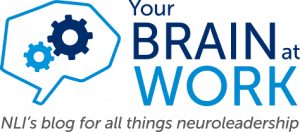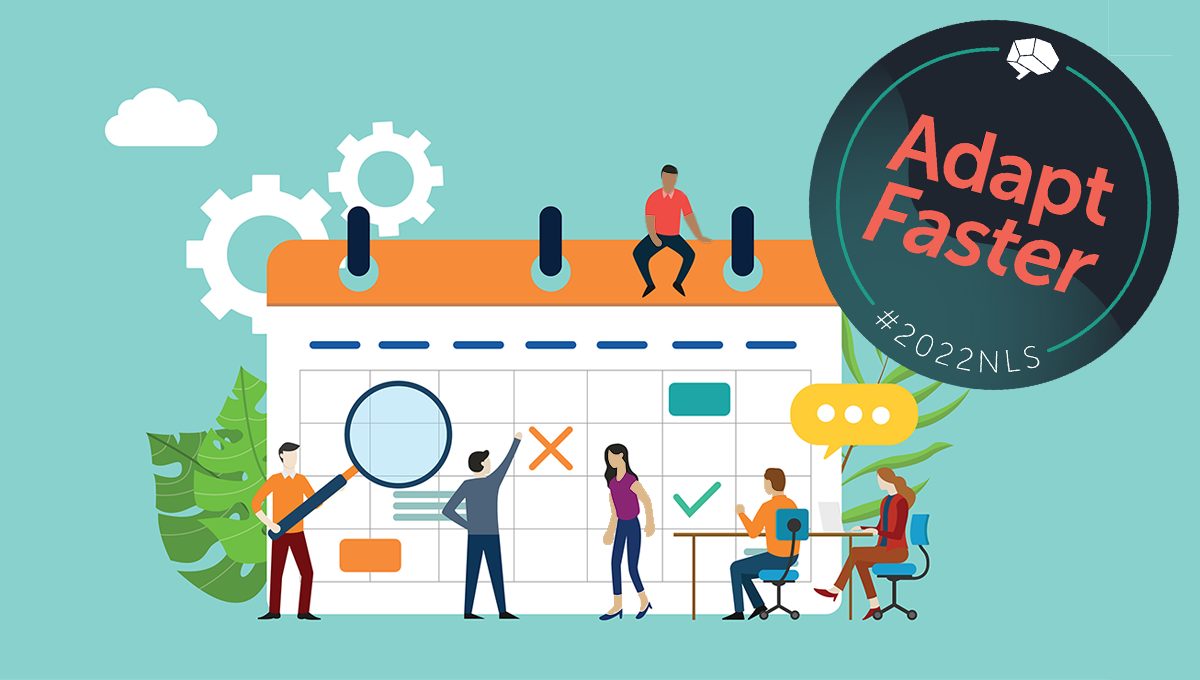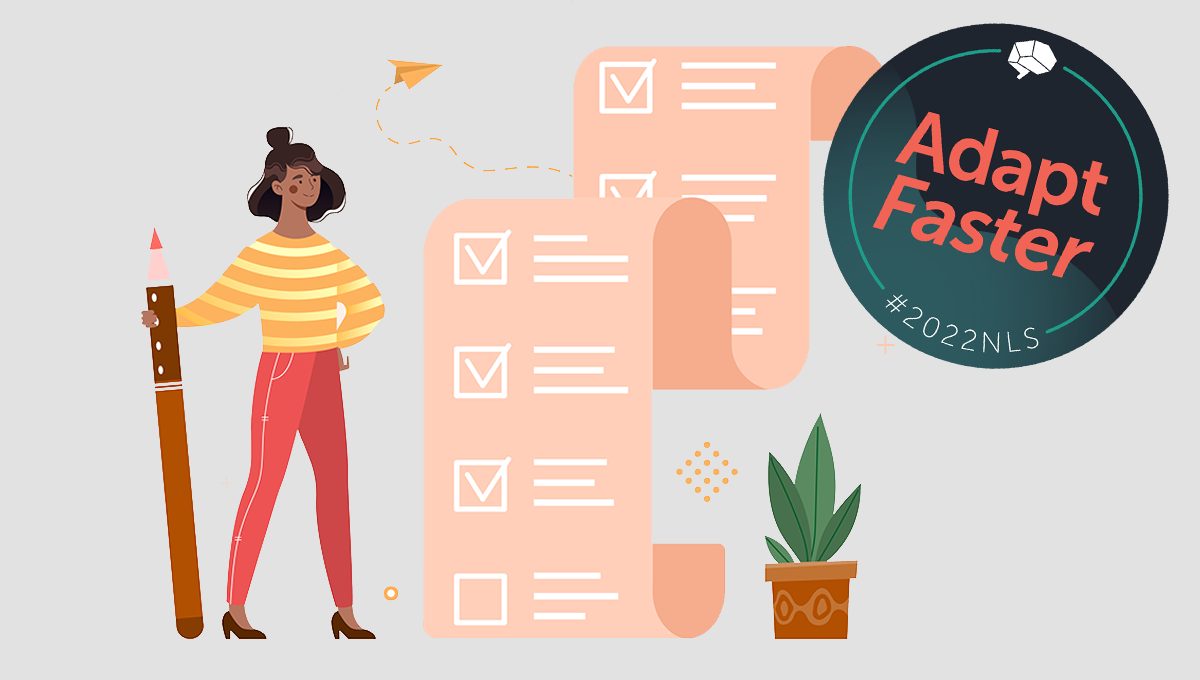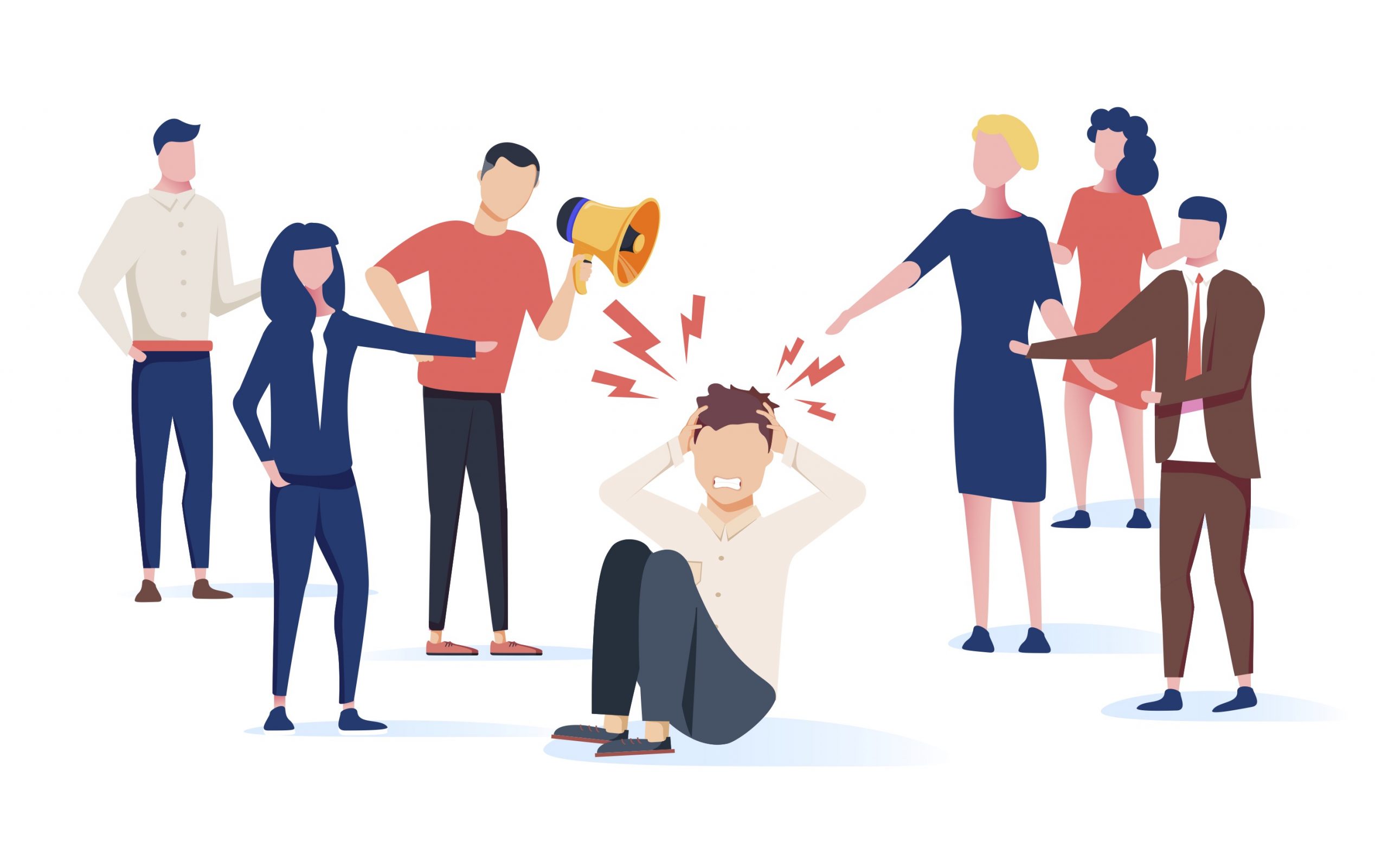By Chris Weller and David Rock Imagine you’re the CEO of a company. You just hired 100 new managers whose only job is to walk around the office and pop...
Read More →

FEATURED INSIGHT
By Chris Weller and David Rock Imagine you’re the CEO of a company. You just hired 100 new managers whose only job is to walk around the office and pop...
Read More →
What does the neuroscience of running have in common with being a leader in conflict? A lot more than you think, according to five-time Olympian Nick Willis.

Leaders can spend a slew of time and money on organizational change initiatives. But many of them often fail. Here’s why and how to get them right.

What’s the best way to make new habits stick? To shed light on this complex question, we turned to Elliot Berkman, a psychologist at the University of Oregon and the associate managing director of the Center for Translational Neuroscience.

There are many benefits to giving workers more autonomy. But you must plan carefully, or things can backfire.

It’s not your imagination that rudeness is rising in the workplace. Here’s how to tackle incivility and get to a more polite and productive state.

Join millions of employees in creating culture change at scale by reaching out today.

In 2007, David and Lisa Rock and their team had been working in leadership development and executive coaching for ten years, when David coined the term “NeuroLeadership.”ef

North America
Africa
South America
Asia
Europe
Australia
© NeuroLeadership Institute 2025. All Rights Reserved
This site uses cookies to provide you with a personalized browsing experience. By using this site you agree to our use of cookies as explained in our Privacy Policy. Please read our Privacy Policy for more information.